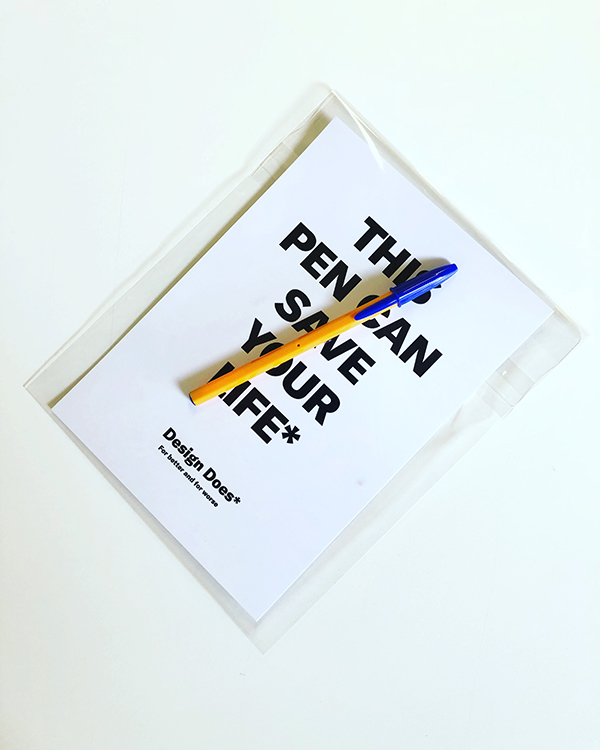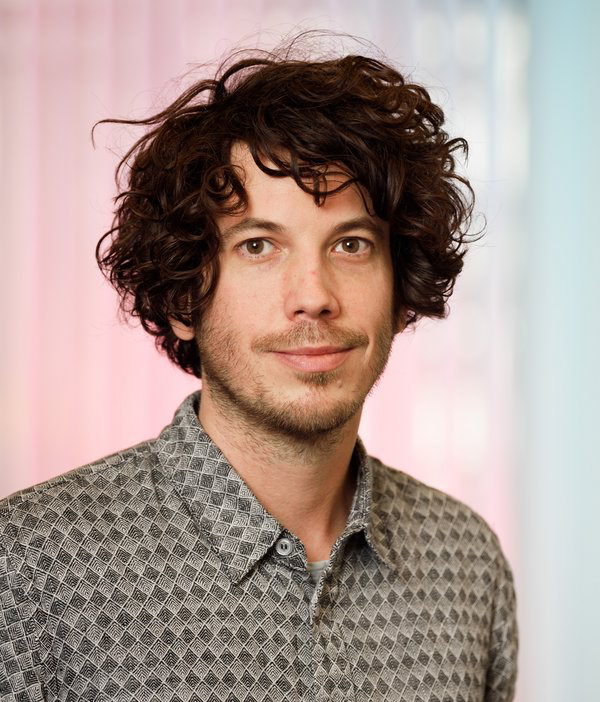Syllabus⇝
Research has shown that most of the jobs opportunities and future challenges that will arise in the next years still don’t exist. Instead of seeing it as a thread, we want you to look at it as an opportunity. An opportunity to actively create your own path, your own vision and identity rather than passively wait for what it is needed.
In MDEF we believe that learning should be driven by your motivations and not by our (the teachers) thoughts. We want you to be in control of your own development specially in a master program full of activities. In this course, critical reflection will help you to map your strengths and weaknesses. Group discussions will make you aware about how your thinking, interests and values differ from others. By means of a series of visits to key professionals, that have undergone a shift in their careers, we want you to plan a strategic turn for yourself. We will provide you with a variety of knowledge, skills and attitudes to compare yourself with. At the end of this course we expect you to understand who you are and what makes you unique (identity), have created a personal “vision” of your future as a professional, and a draft development plan on how to achieve it.
Deliverables⇝
In this course personal and group reflections are key, that is why we expect you to deliver a series of notes and conclusions from each activity. We want you to post them in your personal blog daily so other students can see them too. The final result should be a text relating your current identity as a designer, your vision of the future, and a personal development plan for the master (and beyond).
Additional Resources⇝
Annotated portfolios. Schön, D. (1983). The Reflective Practitioner: How professionals think in action. London: Temple Smith
The reflective transformative design process. Hummels, C. C. M., & Frens, J. W. (2009). In CHI 2009 - digital life, new world: conference proceedings and extended abstracts; the 27th Annual CHI Conference on Human Factors in Computing Systems, April 4 - 9, 2009 in Boston, USA (pp. 2655-2658). New York: Association for Computing Machinery, Inc.
Designing for the unknown: A design process for the future generation of highly interactive systems and products.
Hummels, C. and Frens, J. (2008). Proceedings Conference on EPDE, Barcelona, Spain, 4-5 September 2008, pp. 204-209.
Eindhoven designs volume 2: Developing the competence of designing intelligent systems.
Hummels, C. and Vinke, D. (2009). Eindhoven University of Technology.
Faculty⇝
Oscar Tomico is associate professor at the Department of Industrial Design at Eindhoven University of Technology on Design Research Methodologies for Posthuman Sustainability. His research revolves around 1st Person Perspectives to Research through Design at different scales (bodies, communities and socio-technical systems). Ranging from developing embodied ideation techniques for close or on the body applications (e.g. soft wearables), contextualized design interventions to situate design practice in everyday life, exploring the impact of future local, distributed, open and circular socio-technical systems of production, or experimenting with cohabitation as a posthuman approach to multi-species design.

